Child Mental Health in Duhok, Iraq
By: Dr Abdulbaghi Ahmad, MD, SBCAP, PhD, Associate Professor/ Senior Consultant, Child and Adolescent Psychiatry, Uppsala University – Sweden, Founding Director/ IACAPAP Ambassador, Metin Health House for Child Mental Health, Duhok, Kurdistan Region – Iraq
Background
Since our last report on child mental health in Duhok, Kurdistan region of Iraq (KRI), published in the IACAPAP Bulletin in 2015 (1), the situation of child mental health activities in Duhok has been challenging due to ongoing crises in the region. Among others; the Department of Child Mental Health (CMH) (Figure 1) was abolished from the official academic system since its decommissioning in 2012 due to structural changes at higher political levels to adjust the system to that of the central government in Iraq (2).
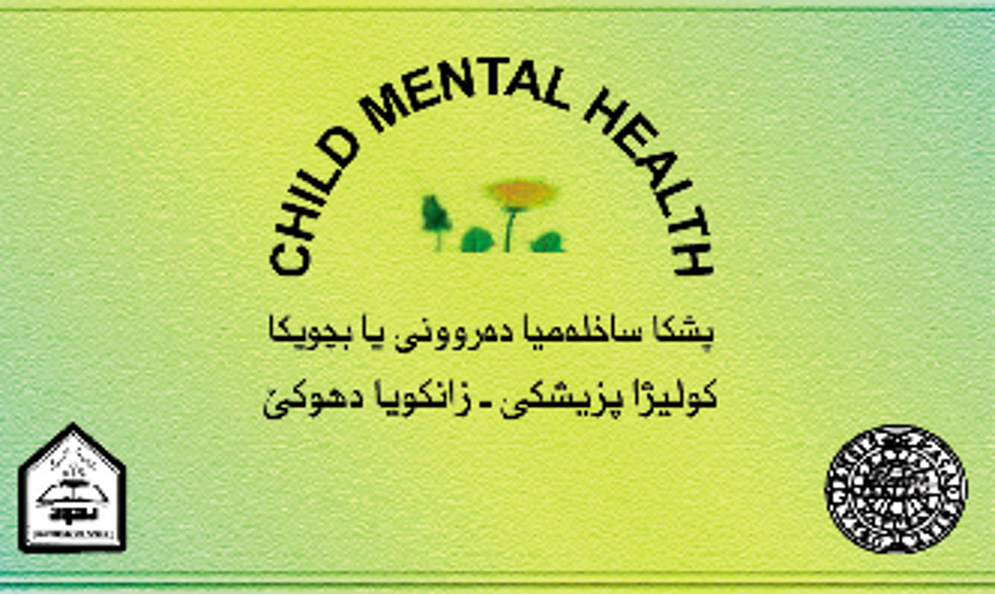
Figure 1. The emblem of the Department of Child Mental Health at the College of Medicine, University of Duhok, Kurdistan region of Iraq.
After 10 years of research (1991-2001) investigating child mental health for the first time in Kurdistan, a doctoral thesis was successfully defended on the subject at the Uppsala University in Sweden (3). This was under the supervision of Professor Anne-Lise von Knorring at the Uppsala University, and having Professor Per Anders Rydelius from the Karolinska institute in Stockholm as the opponent (also known as external examiner in other systems). Based on the findings, the academic unit CMH was established at the College of Medicine, University of Duhok, to provide local competence in child mental health and Child and Adolescent Psychiatry (CAP) in KRI (4). In the presence of the Head of the Department of Child and Adolescent Psychiatry at the Uppsala University Hospital, Henrik Pelling, the Duhok Governor, Necheervan Ahmad, officially opened CMH during an inauguration ceremony at the Heevi Paediatrics Hospital in Duhok on September 21, 2001. This is a short film from the official inauguration ceremony (link). Also some pictures from the official inauguration ceremony are shown in (Figure 2).
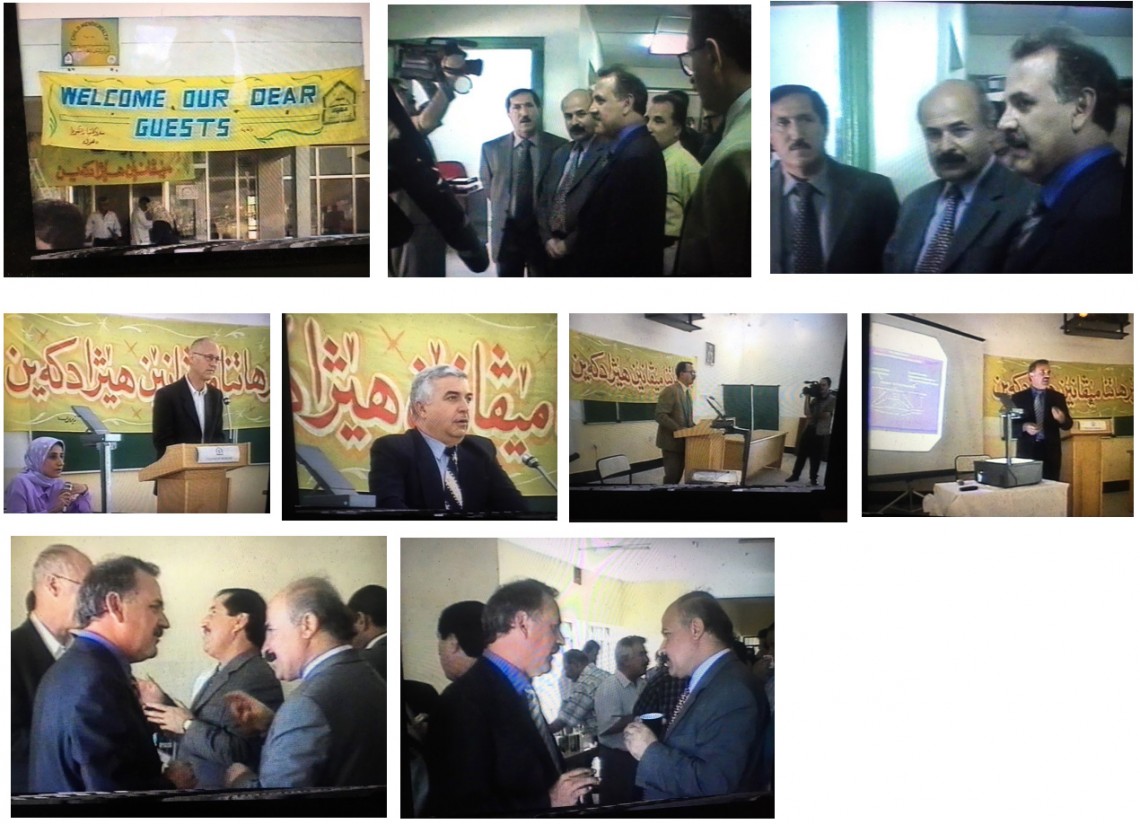
Figure 2. Official inauguration ceremony of the academic unit Child Mental Health at the Faculty of Medicine, University of Duhok, Kurdistan region of Iraq, September 21, 2001.
In the 10 years following the establishment of CMH (2001 – 2011), a two-years Master education program in CAP was delivered from Uppsala University to paediatricians accepted to the CMH to obtain specialist competence in Child Mental Health and CAP after one year paediatric residency. The Master program was composed of theoritical lectures, practical training in clinical management, obligatory teaching of CAP to fifth years medical students, Community-Based Education courses to the medical staff, psychologists, social workers, and teachers, in addition to a research thesis to be successfully defended at the end of the second year.
To date, 6 paediatricians completed their Masters education at the CMH. They are currently providing child mental health services in significant positions in the Kurdistan Regional Government (KRG) providing the local population with evidence based services which is lacking in other parts of Iraq as well as other developing societies around the world.
Unfortunately, the CMH was closed after structural changes in the higher education system at the KRG to be in line with the central government in Iraq with no place for CAP as an independent medical speciality (4). Accordingly, the status of child mental health as an independent medical speciality disappeared from the medical curriculum in Duhok (5). However, awareness regarding child mental health continues to expand in the local society despite the concurrent crises in the region.
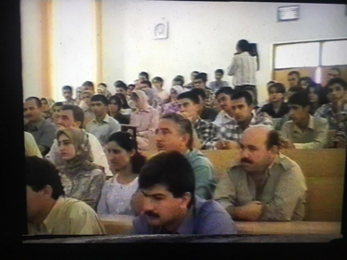
Currently, all the CAP activities of education, research, and training are integrated in the teaching system of General Psychiatry at the Department of Psychiatry, College of Medicine, Duhok University. No separate education in the subject of CAP or Child Mental Health is supported by the government at any level. The Master education program competence in CAP is no longer functioning. Furthermore, no PhD education or specific community-based education on this subject is available in the region.
Providing Child Mental Health Services in Duhok
Despite this reality there is a significant clinical need for child mental health services. The chief complains during the first years mainly composed of behavioral disorders impacting families and schools. The existing health system had no suitable services for these patients at the beginning. No social welfare system, institutions, or other alternatives were available, either. Besides, the Master students at the CMH needed clinical cases for training. Also, being an academic unit only for education purposes, the CMH was not allowed to receive clinical visits.
Eventually, a Swedish Non-Governmental Organization (NGO) ‘’Diakonia’’ independently established the Psycho-Social Education and Training Center (PSETC) inside Duhok to provide mental health services in the region. Attempting to bring expertise from abroad to provide these services proved to be unsuccessful. After an initial confrontation between the PSETC and CMH due to different profiles, an agreement was achieved between the two units. Accordingly, the Diakonia provided logistics and salaries, while the CMH provided education, research, clinical management and supervision. When the Diakonia ceased its financial support to the PSETC, the center was taken over by the Directorate General of Health in Duhok as a responsible authority at the KRG (Figure 3).
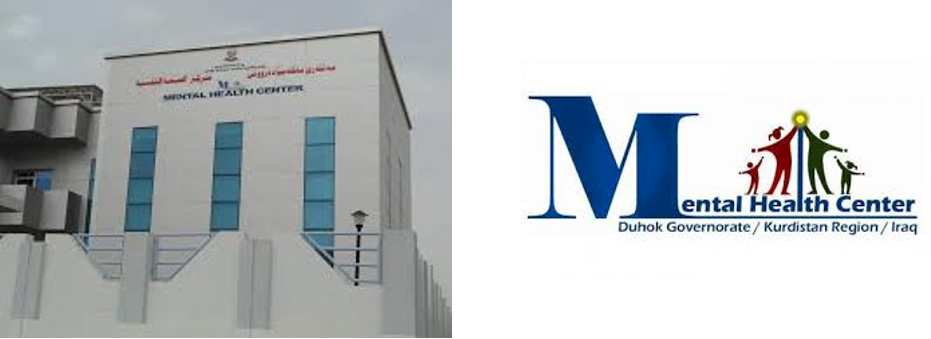
Figure 3. Mental Health Center, the only governmental center taking care of child mental health problems in Duhok governorate.
Establishment of the Metin Health House in Duhok
Both the closure of the academic unit CMH and transferring the PSETC from NGO to the governmental system, downsized the academic capacities and financial support to child mental health services in Duhok. Yet, the needs for child mental health services increased exponentially, particularly services for traumatized and other children with special needs. This need among other factors prompted other child mental health care providers to attempt to improve the quality of services provided. Among others, the private center Metin Health House (MHH) was started in 2008 as a pilot project for prevention and treatment of child mental health problems in Duhok (Figure 4).
In addition to the economic reasons behind the above mentioned setbacks, a conceptual rationale increasingly emerged regarding the rapid social transition in the Kurdistan region of Iraq due to its liberation after the military removal of the central power in Baghdad when Saddam Husain was defeated by the Western allied forces. The society in Kurdistan suddenly became open towards the external world after being one of the most closed societies in the world, mainly due to generations of neglect as an occupied society. A rapidly increased economic standard was noticed since the establishment of the free zone in part of Iraqi Kurdistan under UN protection in 1991. This positive economic development was accompanied with a traditional leadership emerging from the revolutions in Kurdistan. Gradually increased movements demanding individual freedom emerged, particularly among the young generation. They were confronted with an increased religious and ideological conservatism, and particularly subjected to cruel treatment by the authorities, accusing them of treason as agents for foreign powers (6).
The upraising principles depending on fear, shame and guilt remained as 3 major cornerstones of the pedagogic care of children which resulted among others in development of unhealthy personality. Both the rates of suicide and homicide increased among young girls (7), several religious political parties came to power, and the political leadership favoured traditional values. The result was a rapidly increasing corruption (8) and a violent repression of freedom movements such as the youth revolution (9). A grounded change of values for healthy personality development is needed based on modern child rearing principles.
First Stage of the Metin Health House
After an initial success of the pilot project, the MHH received land from the government to build up the house based on three main principles; time is Gold, cleanliness is confidence, and personality is the target, the MHH was developed over several stages according to public needs for development of a healthy personality, starting from early childhood. The first stage of the MHH building was opened in 2013 with two departments (Figure 4):
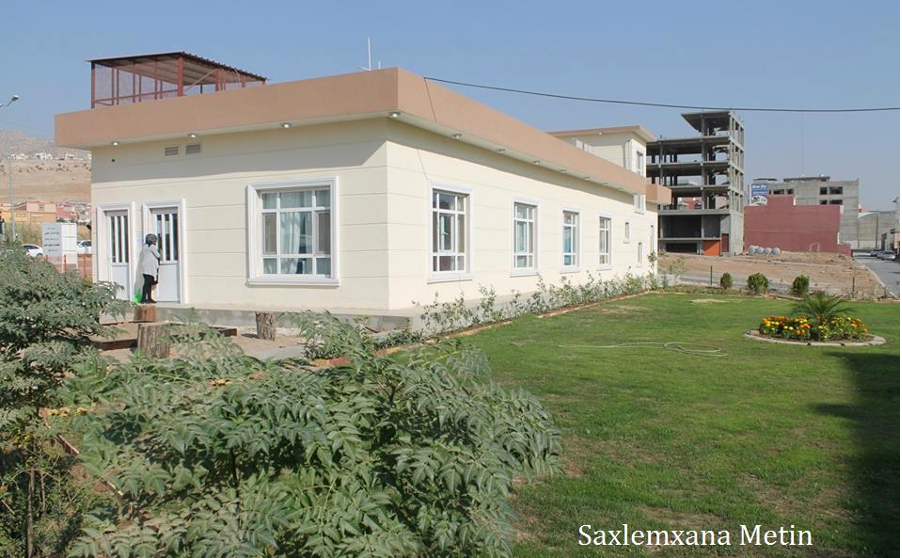
Figure 4. The building of the first stage of the Metin Health House containing two departments; child psychiatry outpatient, and a daycare for preschool children.
1- Department of Investigation and Treatment: An outpatient clinic to provide investigation and treatment for CAMH problems:
Children from birth up to 18 years of age are welcome to visit this department after an appointment is arranged by phone. About 50% of the telephone calls result in advice or referral to other services. When the complaint seems to be related to mental health problems, the child and the caregiver get scheduled with a child psychiatrist. The first meeting usually starts individually with the visiting child to be followed by the parents to decide together on the next steps. After making a diagnosis, a management plan is ”developed”. The individual treatment plan mostly consists of a pedagogic therapeutic program which is applied in collaboration with the Department of Chid Development, in addition to parental training or medication according to the needs.
2- Department of Chid Development: a day care system for preschool children to be taken care of, trained and educated according to the Swedish model.
Children from one to five years of age are received for day care at this unit, in agreement with the care giver. Special trained teachers are working under supervision of a Kurdish pedagogue devloped in Sweden. In addition to helping parents to perform daily tasks, the main purpose is to provide the individual child education to learn through mother language modern values of tolerance, freedom, peace, democracy, human rights, solidarity, dialogue, diversity, justice and equality. No specific religion, ideology, race or ethnicity is favoured over others. A healthy environment is provided to allow healthy personality development.
In collaboration with the parents and other caregivers, the child is received at the day care consisting of up to 6 hours per day. Every individual child receives attention and care according to their unique situation. Children with special needs compose about 10% of the participating children at the day care.
The activities at this day care unit consist of play sessions, group sittings, and other arrangements according to the individual interest and capacity (Figure 5).
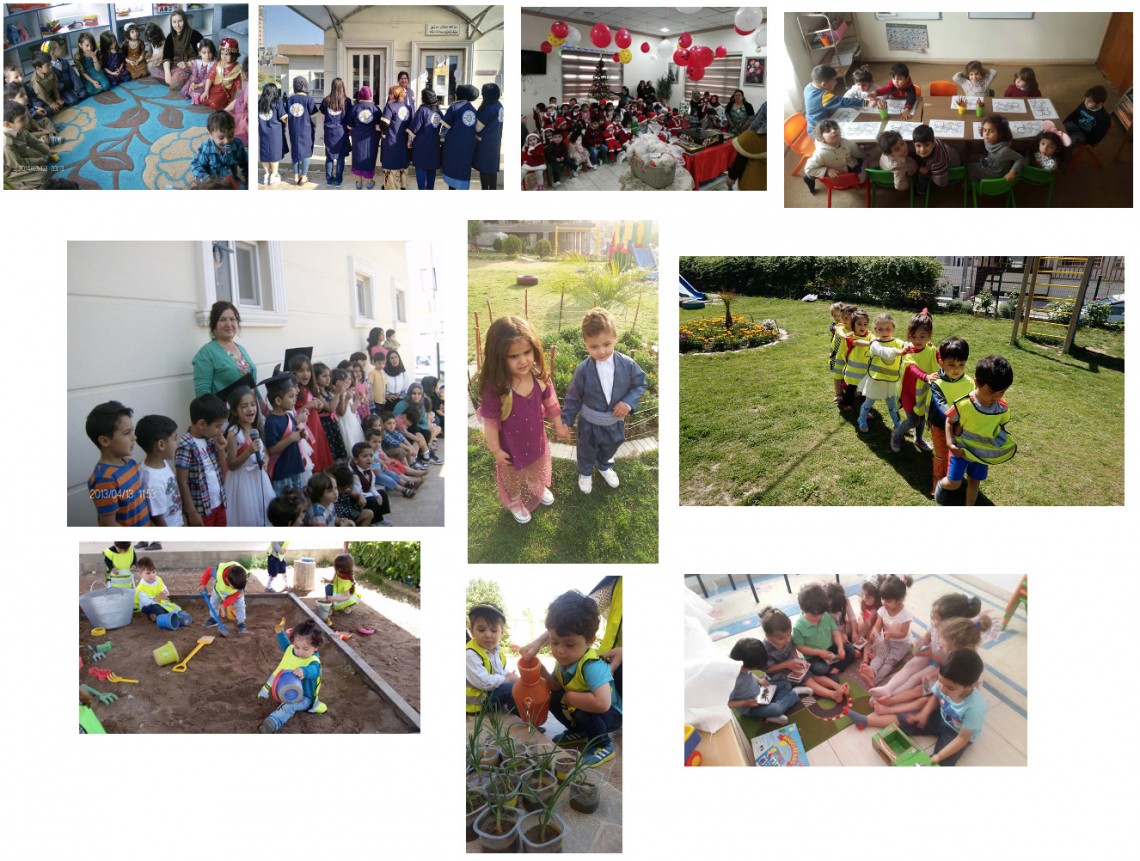
Figure 5. Examples of activities at the Department of Child Development for children 1 – 5 years old.
Among Current Activities at the Metin Health House
Crisis Intervention Program for Children and Adolescents (CIPCA)
When ISIS attacked Shingal in the Kurdistan region of Iraq on 3 August 2014, the population in Duhok doubled in two months due to the mass escape of internally displaced people (IDP). The MHH psychosocial teams visited the IDP camps in and surrounding the city of Duhok to provide a novel Crisis Intervention Program for Children and Adolescent (CIPCA) to prevent posttraumatic psychopathology (1,10). Through Training of Trainers (ToT), 30 health professionals from the Duhok Directorate of Health trained more than 300 IDP teachers to provide CIPCA intervention to 22,000 school children inside the camps. A pilot study showed promising results after one year and two years follow-up (11).
In addition to Sweden and KRI, CIPCA training courses also have been conducted in Syria and in Turkey. Currently, a research project has been started in Duhok to find out the effects of CIPCA on children during the Corona crisis. More than 20 physicians and staff members at the Heevi Paediatric Hospital in the city of Duhok received CIPCA training (Figure 6).

Figure 6. Pictures from CIPCA training courses and intervention sessions provided by the CIPCA teams in Duhok, Sweden and Syria, 2014 – 2019.
Presenting MHH at International Conferences
The activities of the MHH have been presented in several international conferences both locally in the KRI such as the International Conference of Iraqi Kurdistan Pediatric Society in collaboration with the Union of Arab Pediatric Societies (UAPS) and Iraqi Pediatric Society (Figure 7), and Internationally such as the IACAPAP Conferences in Calgary-Canada in 2016 (Figure 8), and Prague-Czech Republic 2018 (Figure 9), and ESCAP congress in Geneva-Switzerland 2017 (Figure 10).

Figure 7. Presentation of MHH activities at the International Conference of Iraqi Kurdistan
Pediatric Society in collaboration with the Union of Arab Pediatric Societies (UAPS) and Iraqi Pediatric Society, Erbil 1 September 2018.

Figure 8. Presenting the MHH activities at the IACAPAP Conference in Calgary – Canada, 2016.

Figure 9. The MHH team from Duhok presenting a CIPCA symposium at the IACAPAP World Conference in Prague – Czech Republic, 23 – 27 July 2018.
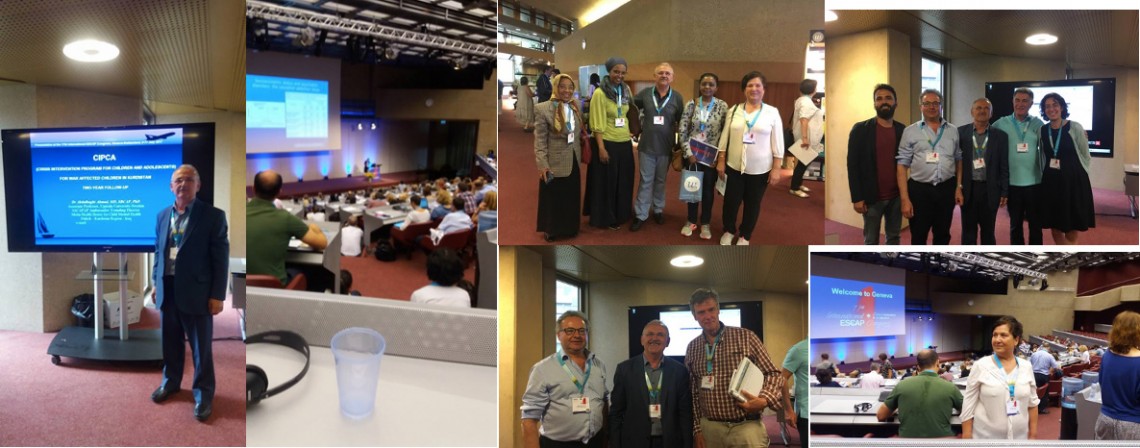
Figure 10. Presenting CIPCA at the ESCAP Conference in Geneva
Visitors from abroad
Among many visiting delegations from abroad, the MHH received researchers and students from Sweden, England, France, Holland, Scotland and USA. Also the activities of the MHH for survivors of ISIS war attracted attention of international media and organisations to visit the MHH, such as the visit of the Japan Broadcasting Corporation (NHK) (Figure 11), and the Swedish Support Organisation for Children of Kurdistan (Figure 12).

Figure 11. The visit of the media team from the Japan Broadcasting Corporation (NHK) to the MHH activities for the IDP and refugee child survivors from the ISIS war.

Figure 12. The visit of the Swedish Support Organisation for Children of Kurdistan to the MHH activities for refugee children from Rojava-Syria.
Education Seminars and Public Awareness in Kurdistan
One of the important tasks of the MHH is arrangement of local seminars in subjects related to the mental health issues for children and adolescents. (Figure 13).

Figure 13
Planning the Second Stage of the Metin Health House
Several projects have started to further develop the MHH and its activities. Among others:
Construction of the Second Stage of MHH
Two departments being planned:
1- Department of Healthy Food and Drink: Depending on local resources, this department is being started with regular seminars collecting the interests and local experts to discuss the function and structures of this department. Several seminars have been arranged on different topics and types of food using local products (Figure 14).

Figure 14. Pictures from seminars at the MHH collecting interested people and experts to present and discuss different topics on healthy food and drinks
2- Department of Maternal and Child Mental Care: Inspired by the Swedish model of maternal and child care, a department was planned to start with the first Stage of the MHH with focus on child mental health starting regular schedule of check-ups from the conception following the child mental health development up to 18 years of age. The aim is to identify risk and protective factors to prevent mental health problems, and to early identify mental health disorders to provide early intervention. However, the plan has been postponed due to the lack of expertise.
Time to Reopen the Academic CMH in Duhok?
A growing idea is to re-establish the academic unit of child mental health at the University of Duhok. Increased resources and growing interest are noticed among the new generation of child mental health professionals. It might be time for inaugurating a professor position for child mental health at the university of Duhok. Currently, both the Head of Department of Psychiatry at the Duhok University, and the Director General of Health in Duhok, are previous Master students at the CMH, they are considerable resources to support this initiative. Besides, international academic support is needed to awake the interest among the local and international organisations and authorities to realise these ideas.
Despite the creativity and scientific base of the MHH, its capacity is limited regarding financial support and marketing. So far, neither the KRG or the central government of Iraq has shown interest to put the MHH among lists of priorities to support. Corruption, politicisation, and polarisation are further factors hindering these authorities to take responsibility for supporting MHH. International shareholders in the form of states, organisations and individual investors are needed to fill this gap. The MHH is obtaining its scientific base and support through Sweden and other international channels. It is time to strengthen these connections in order to realize the potentials of the MHH.
The healthy climate of Mediterranean in combination with the fertility of Mesopotamia served as the cradle for human civilisation. It is time we build on this rich history to provide the requirements needed for optimal development for individuals and the society.
References
1- Ahmad A. A crisis intervention program to prevent posttraumatic psychopathology among war-displaced children in Iraqi Kurdistan. IACAPAP Bulletin 2015;42:7-9.
2- Ahmad A. Child Mental Health in Iraqi Kurdistan Setbacks and Sustained Recovery. IACAPAP Bulletin 2013 3629-30.
3. Ahmad A. Childhood trauma and posttraumatic stress disorder, a developmental and cross-cultural approach. Acta Universitatis Upsaliensis. Comprehensive Summaries of Uppsala Dissertations from the Faculty of Medicine: Uppsala, 1999. (ram), translated to Kurdish language by Hito A. 2008.
4- Ahmad A. The Department of Child Mental Health in Duhok. IACAPAP Bulletin 2010;25:15-16.
5- Ahmad A. Introducing child mental health in the medical curriculum in Duhok. Duhok Med J 2009;3(1):12-24.
6- Ahmad A. An Opinion from Outside. A regular in series articles in the monthly socio-political journal Metin in Kurdish language, Duhok- Iraqi Kurdistan, October 2005-2011. Ranmi Press – Iran 2019.
7. Hanna VN, Ahmad A. Corrected and Republished: Suicide in the Kurdistan Region of Iraq, state of the art. Nord J Psychiatry 2013, Earily online:1–5. DOI: 10.3109/08039488.2012.761401.
8- Ahmad A. Corruption as a contagious psychosocial disorder, a conceptual analysis. Duhok Medical Journal. 2020;14(1):19-28.
9- Ahmad A. The Youth Revolt in Kurdistan. A regular in series articles in the Sotkurdistan online-journal in Arabic language, since 2011.
10. Ahmad A. Crisis intervention program for children and adolescents (CIPCA) to prevent posttraumatic psychopathology, preliminary report. Duhok Medical Journal 2014;8(2):1-11.
11. Çeri V, Ahmad A. Exploring Psychological Vaccination for Potentially Traumatized Children. J Psychol Clin Psychiatry 2018, 9(1), 00512. DOI: 10.15406/jpcpy.2018.09.00512.

